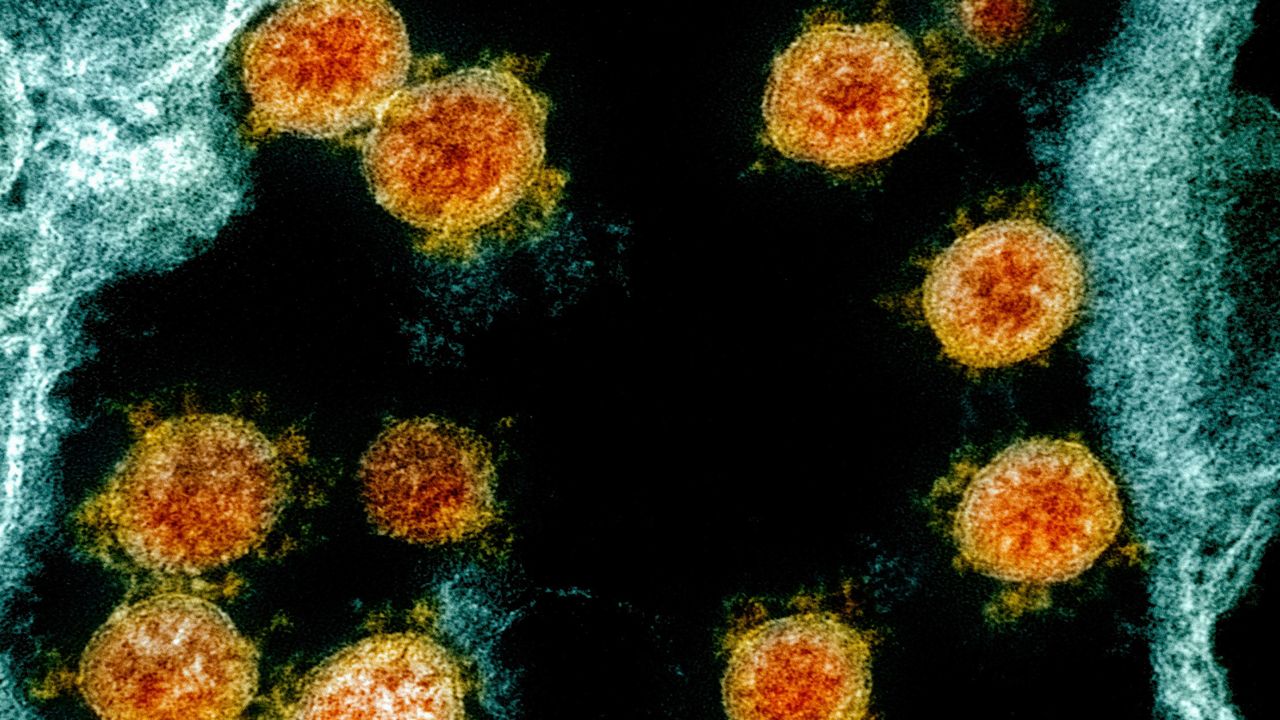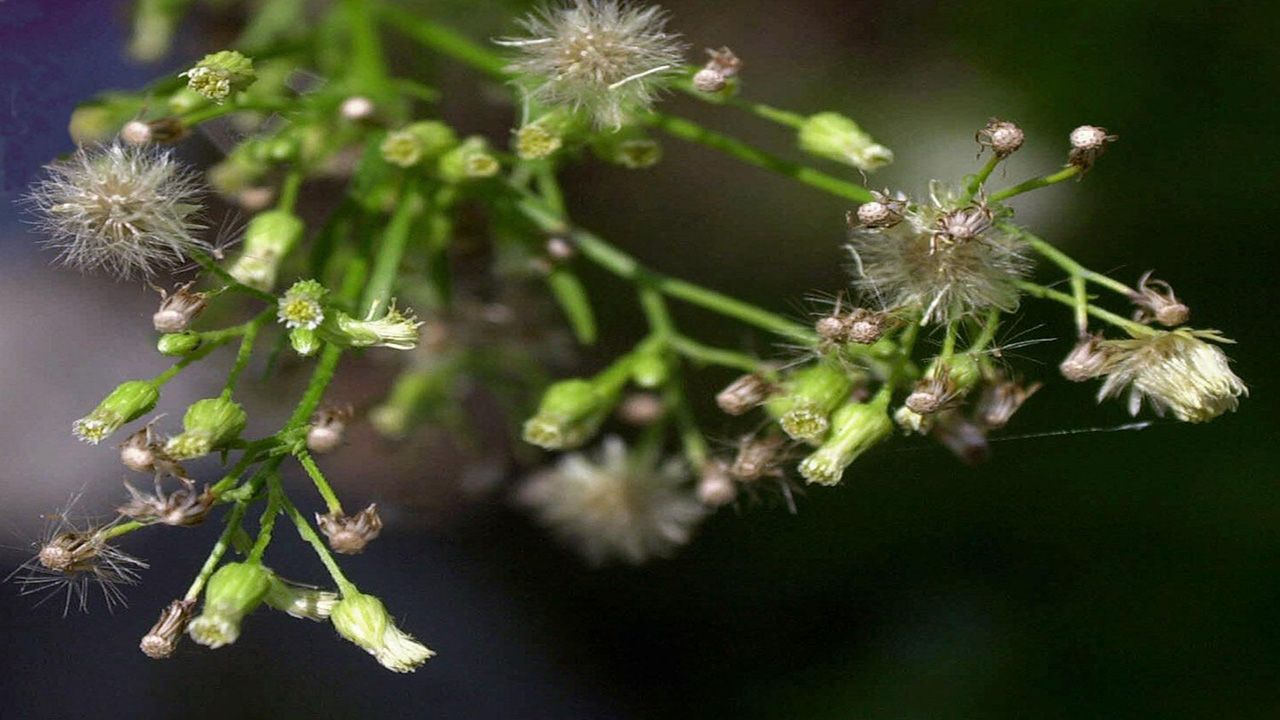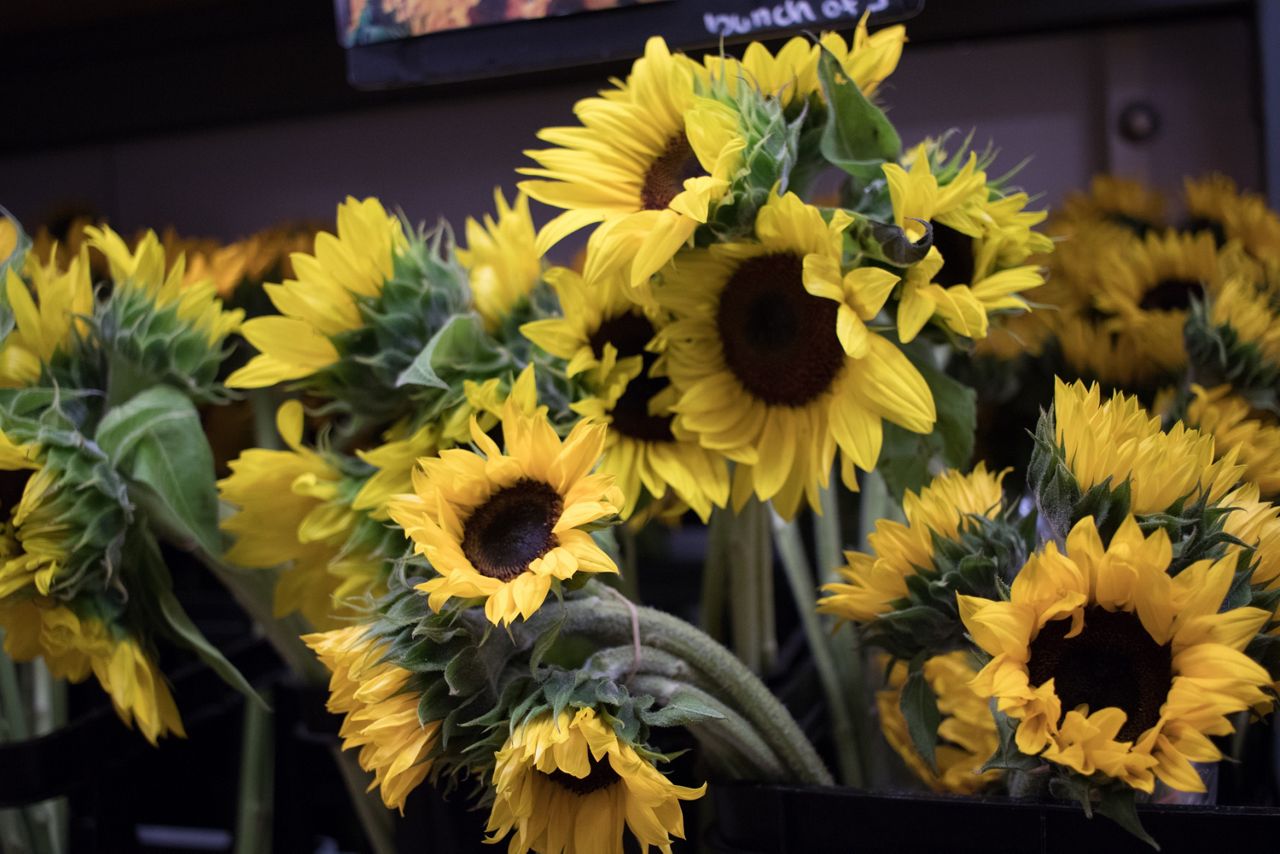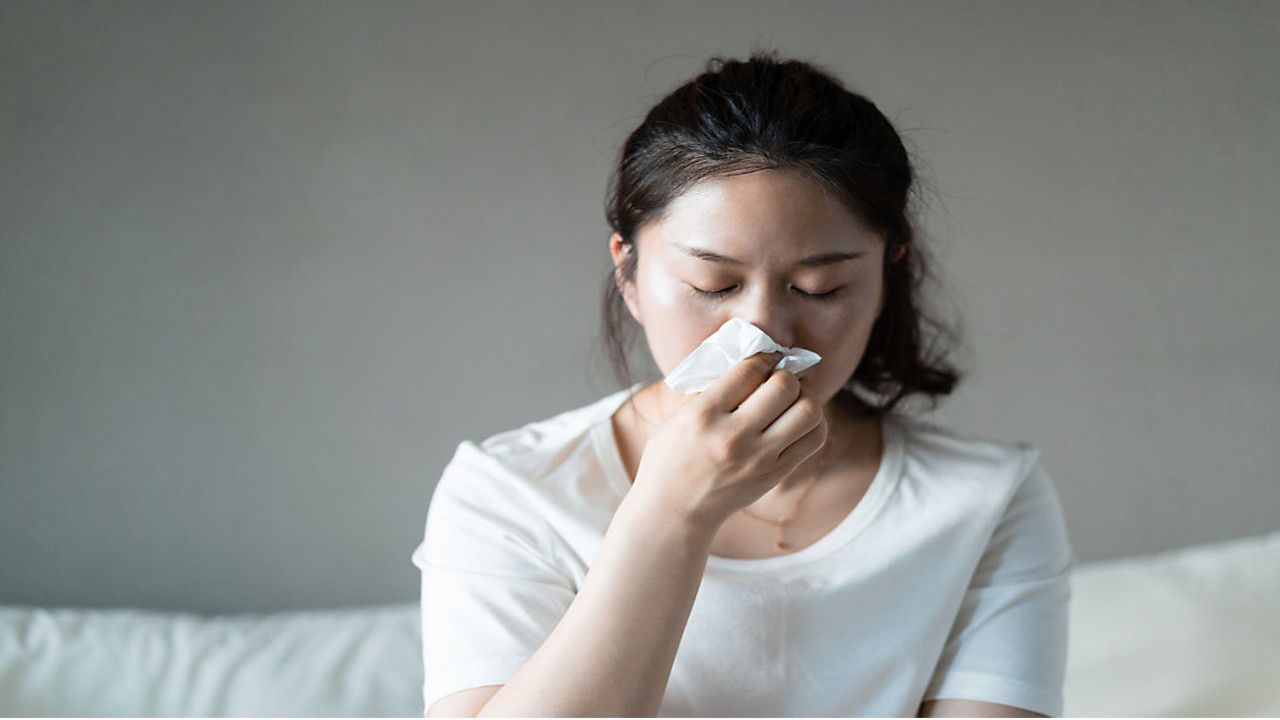Fall allergy season has arrived in New York City and ragweed is the main reason for your sneezin'. Here's what you need to know and how to tell it apart from COVID-19.
If you're like me, the start of August means more than just the last part of summer. It also means the start of fall allergy season.
About this time each year, I start watching the pollen report, waiting for the dreaded arrival of ragweed. It happened last year on Aug. 13, my birthday. It was a gift I wish I could return.
So far, levels are on the low side and I'm not noticing the usual itchy eyes and sneezing.
The twist this year, just like last year, is that fall allergies share several symptoms with COVID-19. Here's how to tell them apart.

Allergy symptoms include runny nose, itchy or water eyes, dry cough and congestion. COVID-19 can produce some of these symptoms, as well, but also these conditions:
- Loss of taste or smell
- Body/muscle aches
- Fatigue
- Fever
Experts say that fever is the big tip-off that you may have something other than allergies.
There are ways to limit your exposure to the ragweed pollen that causes sneezing and coughing.

First off, wear a mask. You're most likely doing this a lot of the time, anyway. By using a mask, you are helping keep the pollen from entering your nose and throat where it causes the allergic reactions.
Next, close your windows. As fall begins, we often look to enjoy the milder air, but don't let all that outside air in. It allows ragweed and other allergens to enter your home. Instead, use your air conditioner and be sure to clean the filter weekly.
On high-pollen days, shower and change your clothes when you first come inside. Also, be sure to leave your shoes by the door so that you don't track pollen throughout your home.
The good news is that allergy season won't last forever.

The fall allergy season is typically about 12 to 15 weeks for New York City. It begins in early to mid-August, peaks in September and fades away in early November.
The first freeze typically kills the ragweed plants and puts a stop to the autumnal allergy season. Last year, the first freeze in New York City happened on Halloween.
Hang in there, fellow allergy sufferers. You're not alone.
